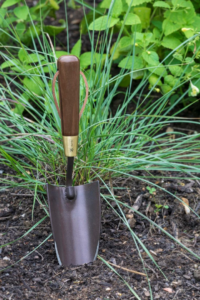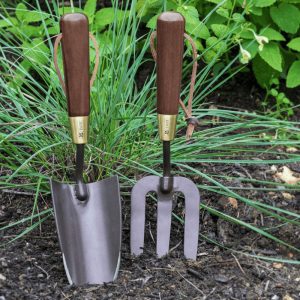Introduction of Trowel
Definition of a Trowel
A trowel is a hand instrument utilized for digging, smoothing, or applying materials. It comprises of a level edge, normally made of metal, joined to a handle. Trowels are fundamental in different fields, including stone work, cultivating, and flooring, because of their flexibility and effectiveness.
Importance and Uses in Various Fields
Trowels assume an essential part in various undertakings like bricklaying, planting, and tile establishment. Their plan considers exact application and control of materials, making them basic instruments for experts and specialists the same.

Types and Categories of Trowel
Masonry Trowel
- Brick Trowel
o Used for spreading mortar and laying blocks.
- Pointing Trowel
o Ideal for little fix occupations and final details.
- Margin Trowel
o Used for working in restricted spaces and corners.

Gardening Trowel
- Hand Trowel
o A broadly useful instrument for planting and digging.
- Transplanting Trowel
o Designed for moving plants and seedlings.
- Digging Trowel
o Features a more grounded sharp edge for breaking extreme soil.
Flooring Trowel
- Notched Trowel
o Used for spreading cement or mortar equally.
- Flat Trowel
o Ideal for smoothing and evening out surfaces.
Particular Trowels
- Bucket Trowel
o Used for scooping materials from pails.
- Corner Trowel
o Designed for molding and smoothing corners.
- Gauging Trowel
o Used for blending and applying little amounts of material.

Materials and Construction
Blade Materials
- Stainless Steel
o Offers imperviousness to rust and strength.
- Carbon Steel
o Known for its solidarity and sharpness.
- Plastic
o Lightweight and reasonable, appropriate for light-obligation assignments.
Handle Materials
- Wood
o Provides an agreeable grasp and customary look.
- Plastic
o Lightweight and impervious to dampness.
- Rubber
o Offers an ergonomic and non-slip grasp.
Concrete Apron: The Essential Guide for Driveways and Garages
Features and Specifications
Blade Length and Width
The size of the trowel cutting edge fluctuates relying upon its expected use. Bigger edges cover more region, while more modest sharp edges offer accuracy.
Handle Design
Ergonomic handles lessen strain and increment solace during expanded use.
Weight and Balance
An even trowel improves control and decreases exhaustion.
Durability and Maintenance
Great materials and legitimate consideration guarantee the life span of the trowel.
Applications
Masonry Work
- Bricklaying
o Trowels are utilized to precisely spread mortar and lay blocks.
- Cement Application
o Used for applying and smoothing concrete.
Gardening
- Soil Development
o Trowels help in turning and circulating air through the dirt.
- Planting and Relocating
o Essential for putting plants at the right profundity.
Flooring
- Tile Establishment
o Notched trowels are utilized to uniformly apply glue.
- Adhesive Application
o Ensures a solid connection among tiles and the substrate.
Putting and Drywall
- Surface Smoothing
o Trowels are utilized to make a smooth completion on put walls.
- Joint Compound Application
o Helps in applying and smoothing joint compound for drywall.

Benefits
Versatility
Trowels can be utilized in different assignments, making them exceptionally flexible devices.
Precision and Control
The plan of trowels considers exact application and control of materials.
Efficiency and Time-saving
Trowels assist with finishing jobs rapidly and proficiently.
Ergonomic Design
Present day trowels are intended to lessen client exhaustion and increment solace.
Challenges and Limitations
Material Wear and Tear
Trowels are liable to mileage, particularly when utilized on grating materials.
Skill Requirements
Utilizing a trowel successfully requires expertise and practice.
Cost Factors
Top notch trowels can be costly, yet they offer better execution and sturdiness.
Innovations and Developments
Ergonomic Improvements
Late plans center around ergonomic highlights to upgrade client solace and lessen strain.
Material Advancements
New materials work on the strength and usefulness of trowels.
Multi-functional Designs
Inventive trowels consolidate different capabilities to offer more noteworthy adaptability.
Comparative Analysis
Trowel vs. Spade
Trowels are more modest and more exact, while spades are bigger and more qualified for hard core digging.
Trowel vs. Hoe
Trowels are utilized for nitty gritty work, though hoes are intended for weeding and soil development.
Manual vs. Power Tools
Manual trowels offer more noteworthy control, while power devices increment productivity however may need accuracy.
User Guides and Tutorials
How to Choose the Right Trowel
Think about the job needing to be done, material, and handle plan while choosing a trowel.
Proper Trowel Use Techniques
Utilize smooth, steady movements for even utilization of materials.
Maintenance and Care Tips
Clean trowels after use and store them in a dry spot to forestall rust and harm.
Expert Insights
Tips from Professional Masons
Experienced bricklayers suggest involving excellent trowels for improved results.
Advice from Gardening Experts
Grounds-keepers propose picking a trowel with an agreeable hold for delayed use.
Flooring Professionals’ Recommendations
Flooring specialists prompt involving indented trowels for even cement application.
Personal Stories and Case Studies
Mason’s Success Story
A carefully prepared bricklayer shares how utilizing the right trowel worked on their proficiency and nature of work.
Gardener’s Experience
A nursery worker makes sense of how a dependable trowel makes planting and relocating more straightforward.
Flooring Specialist’s Journey
A deck expert portrays the effect of utilizing great trowels on their undertakings.
Conclusion
Summary of Key Points
Trowels are adaptable apparatuses fundamental for different assignments in workmanship, planting, and ground surface. Choosing the right trowel and utilizing it appropriately can essentially improve productivity and accuracy.
Call to Action for Further Learning
Investigate more about trowels and their applications to work on your abilities and accomplish improved brings about your activities.
